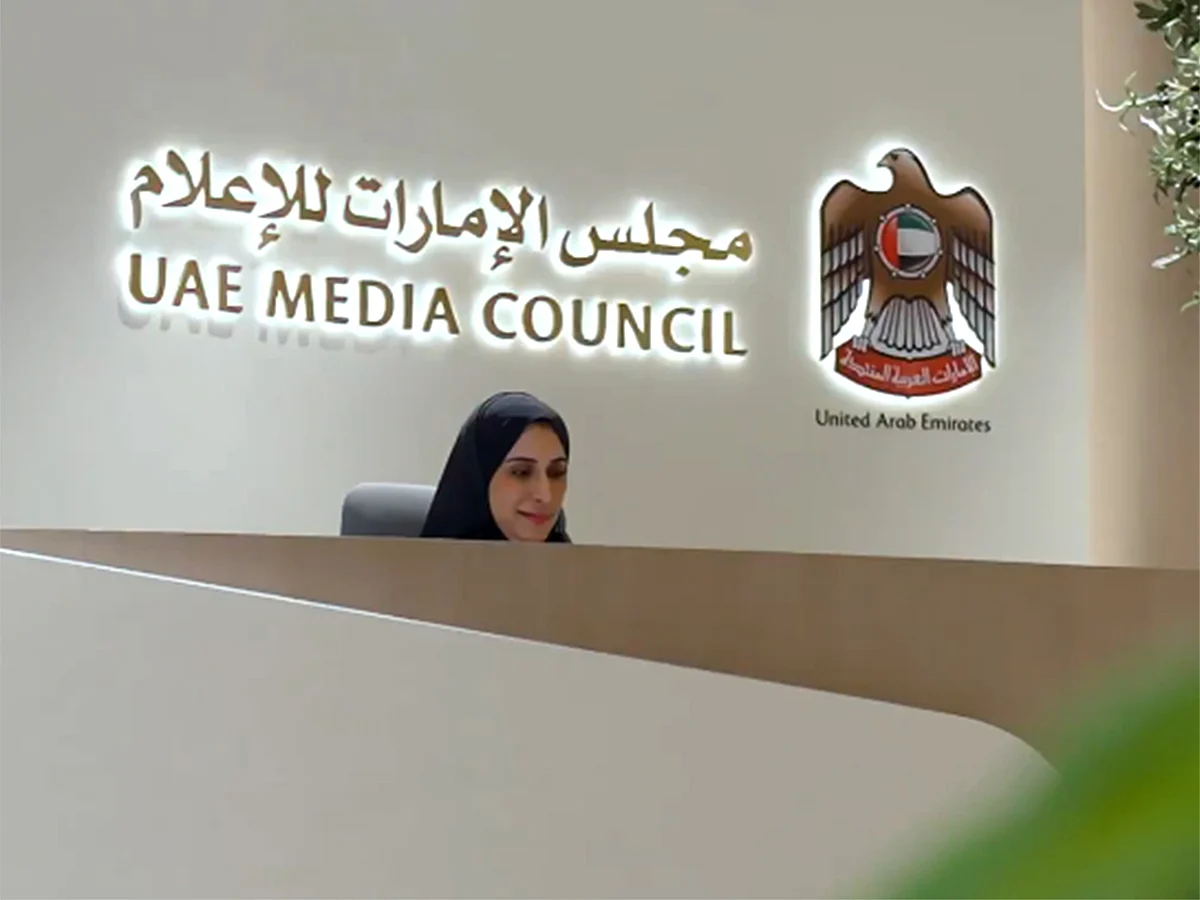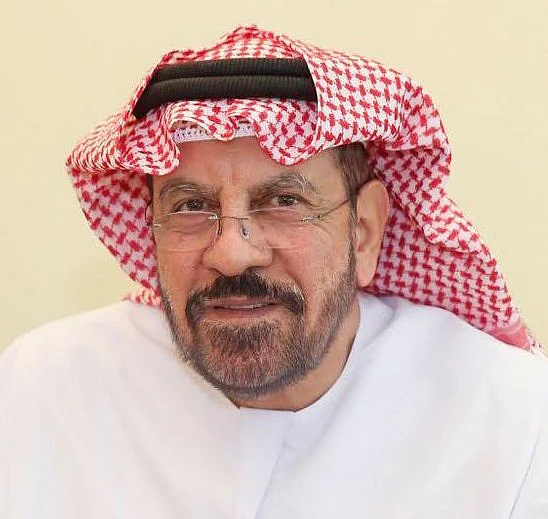Up to Dh1 million penalties for violating UAE new media law
False news, insults to religion, and unlicensed publishing face major penalties

Abu Dhabi: A new media law came into effect in the United Arab Emirates on May 29, 2025, introducing a comprehensive regulatory framework governing media activities. With fines up to Dh1 million, the legislation aims to ensure ethical, responsible content across both digital and traditional platforms.
Announced by the UAE Media Council, the law outlines a broad range of violations, with penalties scaled according to the severity and frequency of the offence. It also introduces updated licensing requirements and regulatory provisions for content creators, publishers, and media companies operating in the country.
The legislation reinforces the UAE’s commitment to promoting accountable and respectful media practices, establishing clear standards for conduct and consequences for non-compliance.
Key violations, penalties under new media law
Religious and moral offences
Insulting religious beliefs or the divine being: Fine of up to Dh1,000,000
Violating public morals or promoting destructive ideologies: Fine of up to Dh100,000
Content inciting crimes (e.g. murder, rape, drug abuse): Fine of up to Dh150,000
State interests and national security
Disrespecting national symbols, the system of governance, or state institutions: Dh50,000 to Dh500,000.
Offending domestic or foreign policy: Dh50,000 to Dh500,000.
Undermining foreign relations or social cohesion: Fine of up to Dh250,000.
Licensing violations
Operating without a licence:
First offence: Dh10,000
Repeated offence: Dh40,000
Failure to renew a licence within 30 days: Dh150 per day, up to a maximum of Dh3,000
Transferring a licence or making unauthorised changes: Fine of up to Dh20,000
Publishing using an expired licence:
First offence: Dh10,000
Repeated offence: AED 20,000 (doubled with each recurrence)
Misinformation and publishing offences
Disseminating false information:
First offence: Dh5,000
Repeated offence: Dh10,000
Organising or obstructing a book fair without a permit: Dh40,000 (doubles with recurrence)
Printing or publishing media materials without a licence: Dh20,000 (doubles with recurrence)
Unlicensed foreign correspondents
Up to 3 written warnings
Repeated offence: Dh10,000
The new law also introduces protections for media professionals and influencers, while strengthening accountability and transparency. It reflects the UAE’s continuous efforts to align domestic media practices with international standards.
20 binding media content standards
To clarify the provisions of the new law, the UAE Media Council has issued 20 comprehensive and mandatory standards for all media institutions and professionals regarding the content circulated across various media platforms. These standards aim to ensure alignment with the country’s core values and supreme national interests, in accordance with Federal Media Law No. 55 of 2023 and its executive regulations.
The Council emphasised that media content must fully respect the divine being, Islamic beliefs, and other Abrahamic religions, prohibiting any form of offence towards them. It also stressed the need to respect the UAE’s system of governance, national symbols, and institutions, and to safeguard the country’s supreme interests and societal wellbeing.
Respecting the nation’s official policies — both domestic and foreign — is a fundamental media obligation. Therefore, any material that could damage the UAE’s foreign relations or harm its international reputation is strictly forbidden.
The Council highlighted the importance of preserving the country’s cultural and civilisational heritage and respecting its national identity. It warned against anything that could threaten social cohesion or unity, including sectarian, tribal, or regional incitement, as well as any promotion of hate speech, violence, or terrorism.
It also underlined the importance of upholding prevailing moral values, serving the public interest, and avoiding any disruption to it. Content that undermines the legal, economic, judicial, or security systems is strictly prohibited.
Protection of individual privacy
In safeguarding private life, the Media Council underscored the necessity of respecting individuals’ privacy and refraining from intruding into personal matters. Publishing or circulating any material that incites crimes or encourages acts such as murder, rape, or drug use is strictly prohibited.
The Council banned the publication of images, illustrations, or language that violate public decency, harm children or young people, or promote destructive ideologies. It declared it unacceptable to publish false news or forged documents falsely attributed to individuals or entities. It also prohibited content that defames the national currency or negatively impacts the country’s economic standing. Spreading rumours or disinformation is banned, as is glorifying or promoting groups with political, ideological, racial, or social agendas that oppose the state or serve their own interests.
Advertising content
The Council emphasised the importance of carefully selecting guests and participants in media programmes to ensure professional standards and compliance with public policy.
Regarding advertisements, it stressed that advertising content must respect the UAE’s culture, identity, and values. It must also adhere to the age ratings for media content as approved by the Council, and uphold child protection principles as stipulated under national legislation.
Violations of these standards, or the broadcasting of media or advertising content that contradicts them, may lead to official warnings, financial penalties of up to AED 1 million, and, if repeated within a year, doubled fines not exceeding AED 2 million.
Sanctions may also include temporary administrative closure for up to six months, permanent shutdown, and revocation of licences or permits, depending on the severity and societal impact of the violation.
Summary of the 20 content standards:
Respect for the divine, Islamic beliefs, other Abrahamic religions, and all faiths, with no offence to any.
Respect for the system of governance, its symbols, institutions, and the supreme interests of the state and society.
Respect for the UAE’s domestic and foreign policies.
No content that damages the UAE’s foreign relations.
Preservation of cultural heritage and national identity.
No content undermining national unity or social cohesion.
Prohibition of sectarian, tribal, or regional incitement; no promotion of violence, hate, or terrorism; no sowing discord.
Respect for societal moral values and public interest.
No content that discredits the legal, economic, judicial, or security systems.
Respect for individual privacy and private life.
No content inciting or promoting criminal acts, including murder, rape, drug use, or psychoactive substances.
No offensive language, images, drawings, or opinions that violate public decency or target children or youth with harmful messages.
No dissemination of false news or forged documents wrongly attributed to people or entities.
No content that harms the national currency or economic position.
No rumours or disinformation.
No glorification or promotion of hostile political, racial, ideological, or social groups.
Careful selection of individuals featured or consulted in media programmes.
Advertising must respect the UAE’s culture, identity, and values.
Adherence to age classification systems as approved by the Media Council.
Full respect for child rights in accordance with national legislation.
Sign up for the Daily Briefing
Get the latest news and updates straight to your inbox
Network Links
GN StoreDownload our app
© Al Nisr Publishing LLC 2026. All rights reserved.
